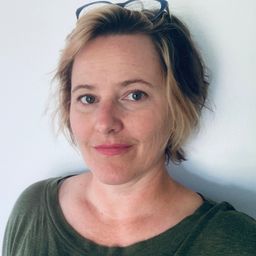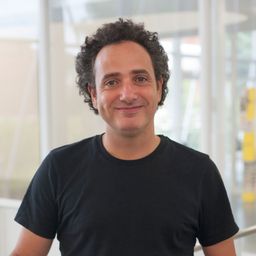Cultural Heritage and the Working Class
Mon statut pour la session
Drawing on scholarship in heritage studies, social memory, the public history of labour and new working class studies, this session will highlight the heritage of working people, communities and organizations. We particularly urge community and labour movement activists, as well as scholars committed to civic engagement who are working closely with working class communities or organizations, to submit abstracts.
Papers for this session might include:
• Interpretation of working class communities, working life, oral history, industrial heritage or working class culture.
• Museums and other forms of formal and informal presentation of the working class, as well as places to remember and celebrate the labour movement.
• Papers dealing with intangible forms of labour heritage including music, art, skills, workplace experiences, oral histories, celebrations and festivals are encouraged.
We particularly welcome contributions from those—be they academics, trade unionists or working class community activists—who explicitly mount challenges to the received wisdom of the representation of "heritage" as belonging to the elite, and who foreground working class experience and self-representation.
Sous sessions
Nostalgia has a bad press. For some, it is pointless and sentimental, for others reactionary and futile. Where does that leave those of us interested in labour history and labour heritage—is it all just “smokestack nostalgia”? Deborah Rudicelle (2015) wonders, for example, whether “smokestack nostalgia” might even be both literally and metaphorically toxic. We would like to explore the tensions between these less than flattering characterizations of nostalgia and a more enabling, p...
Thetford Mines is a town build upon the shoulders of generations of men, women, and families, interwoven by asbestos, at varying intervals between 1876 and 2011. For a town of 25,700, the legacy of asbestos exists in its sense of pride, a communal sentiment that helped found and support a regional museum, archive, and future interpretation site. Together, these heritage centres hold the former working-class community together as the town takes steps to diversify its economy and move away f...
In 1953, the Medical Office of Health of the city of Newcastle decided to tear down a good part of the old terraced houses of the inner city community of Byker and relocate their occupants on new developments. By then more than 17,000 people lived there. Everyday life in Byker, a distinctive working-class neighbourhood located close to the shipyards, was held in a structure of social relations based on solidarity among neighbours, which served as an antidote to the social and economic oppr...
Cette communication s’appuie sur un travail de recueil audiovisuel de la mémoire ouvrière et industrielle de la ville de Vierzon (France), mené depuis 2010 au sein de l’Université François-Rabelais de Tours, en collaboration avec Nadine Michau, anthropologue-cinéaste. Vierzon se présente aux dix-neuvième et vingtième siècles comme un centre industriel important de la région Centre, développant des activités dans des secteurs variés tels que la céramique, le verre, le machinisme ag...





